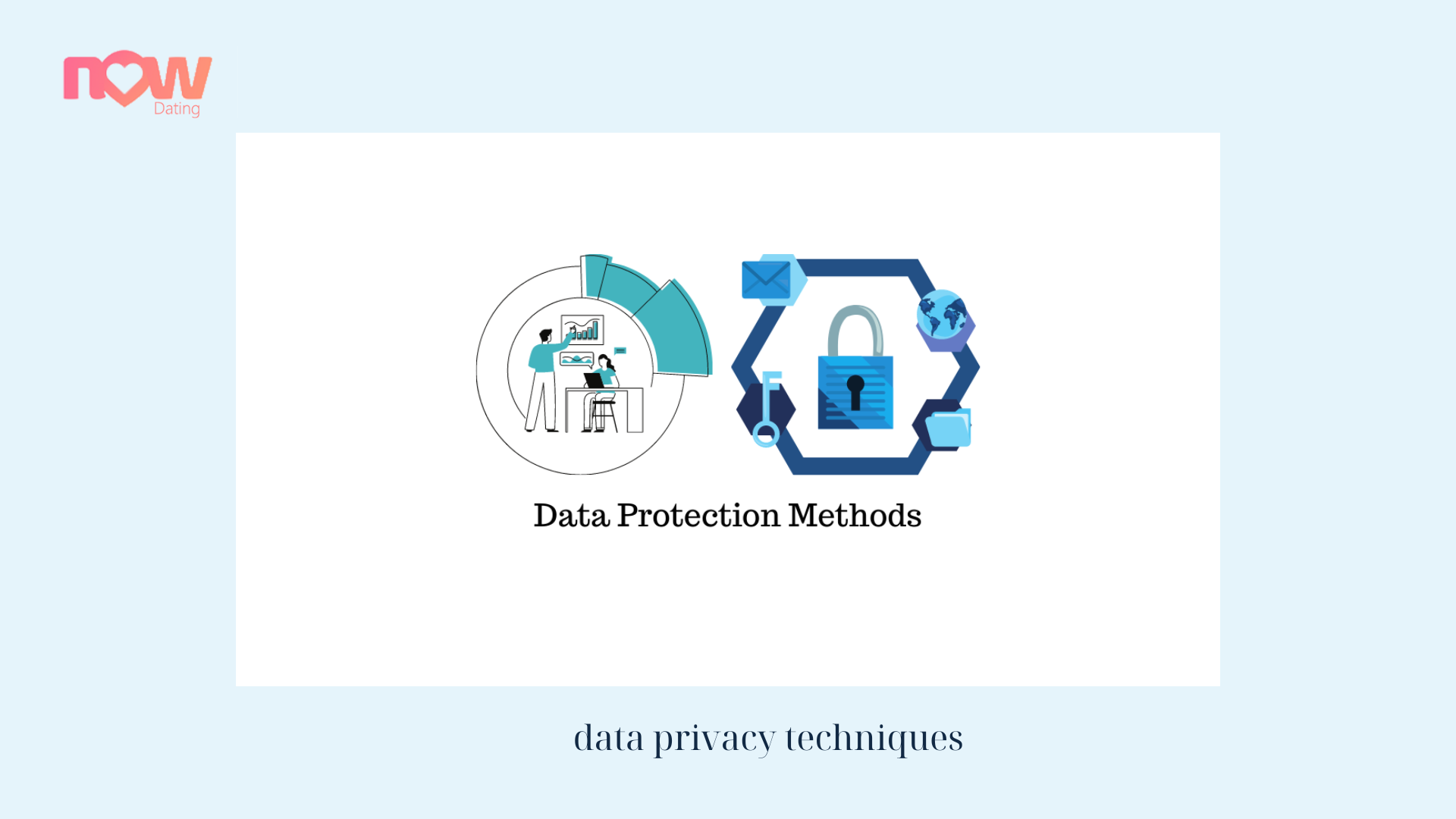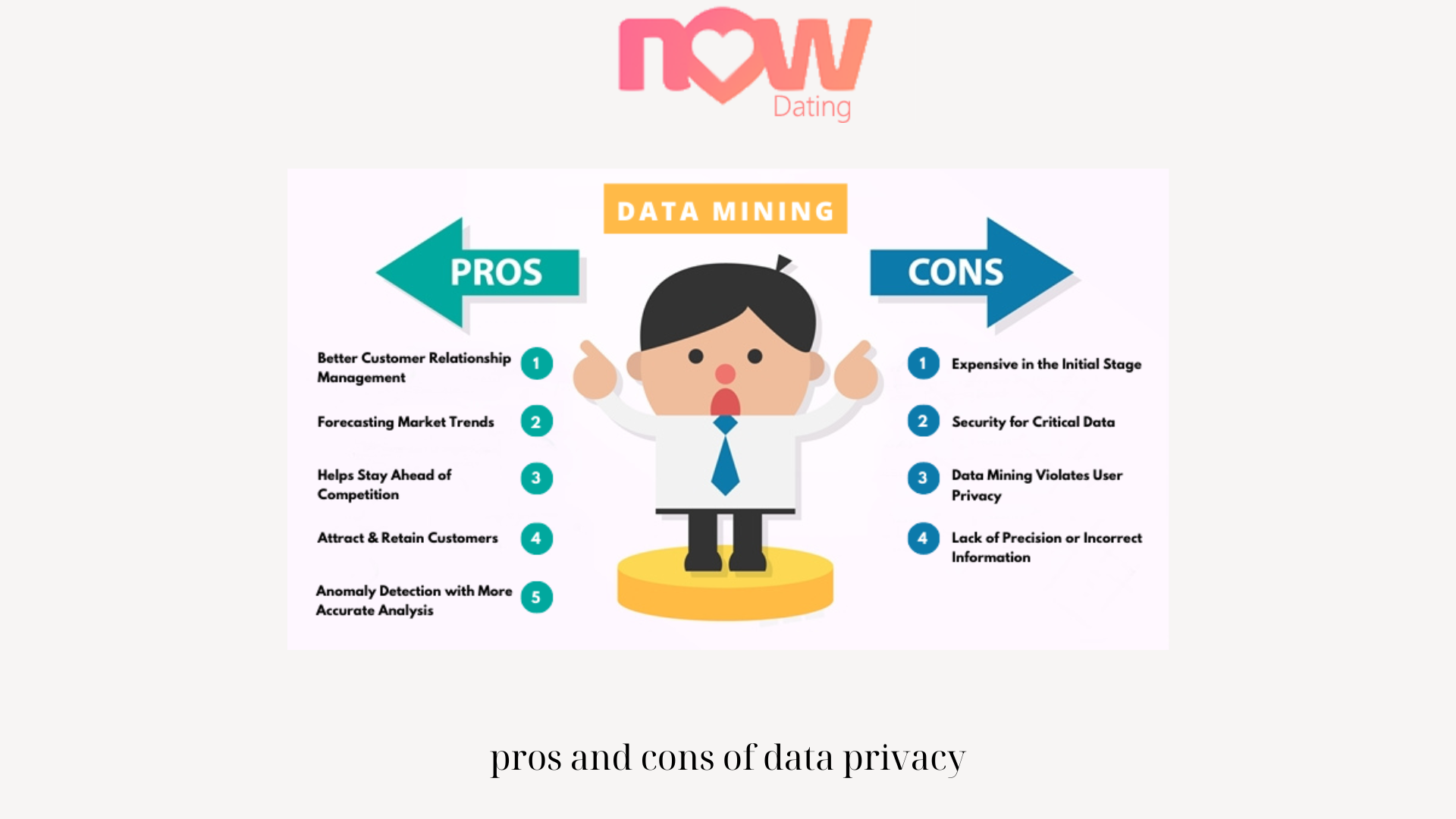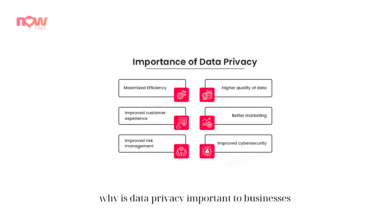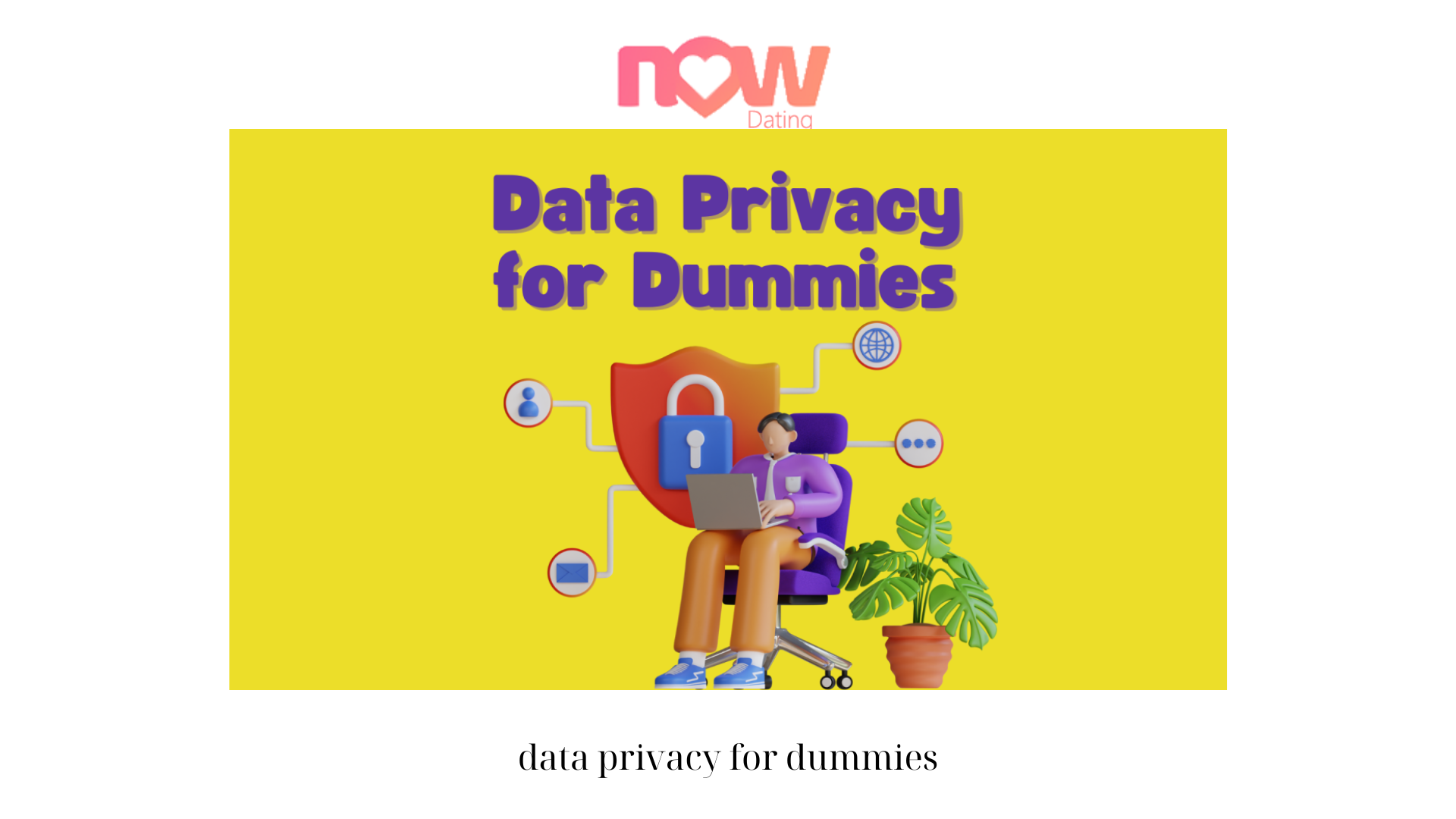
In today’s digital age, the protection of personal data has become increasingly important. With the rise of cyber threats and data breaches, it is crucial for individuals to understand the fundamentals of data privacy and take steps to safeguard their personal information. This beginner’s guide by Qule aims to data privacy for dummies demystify data privacy, providing essential tips and practices to help even the least tech-savvy individuals protect their sensitive data effectively.
Data Privacy for Dummies: A Beginner’s Guide to Protecting Your Personal Information
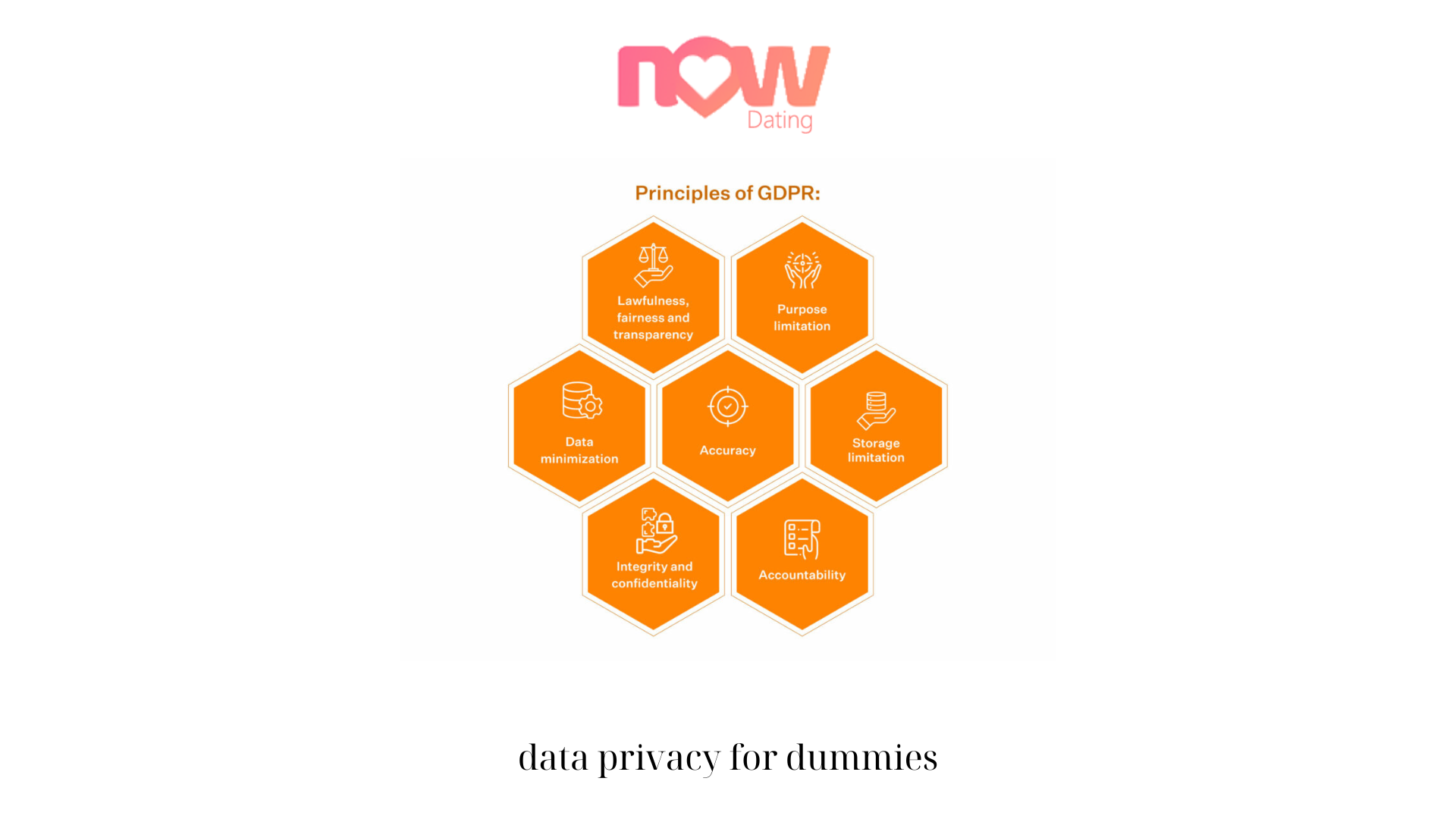
Data privacy is data privacy for dummies a critical aspect of modern life, and everyone, regardless of technical expertise, can take steps to protect their personal information. By implementing the practices outlined in this beginner’s guide, individuals can enhance their data privacy and reduce the risk of falling victim to cyber threats, identity theft, and privacy breaches. Remember, being proactive and staying informed are key to maintaining control over personal data in an increasingly connected world.
- Understanding Data Privacy:
a. What is Data Privacy? Data privacy refers data privacy for dummies to the protection of an individual’s personal information from unauthorized access, use, or disclosure. It encompasses various measures that individuals can take to maintain control over their data and prevent its misuse.
b. The Importance of Data Privacy: Personal data, such as names, addresses, financial information, and even browsing habits, is valuable to cybercriminals. Protecting data privacy is crucial to prevent identity theft, financial fraud, and other privacy breaches.
- Securing Personal Devices:
a. Strong Passwords: One of the simplest yet most effective ways to protect data privacy for dummies personal information is by using strong and unique passwords for all devices and online accounts. A strong password includes a mix of uppercase and lowercase letters, numbers, and special characters.
b. Two-Factor Authentication (2FA): Enable 2FA whenever data privacy for dummies, as it adds an extra layer of security by requiring users to provide a second form of verification, such as a unique code sent to their mobile device, in addition to their password.
c. Software Updates: Regularly update operating systems, applications, and antivirus software on personal data privacy for dummies to ensure they have the latest security patches and protections against new threats.
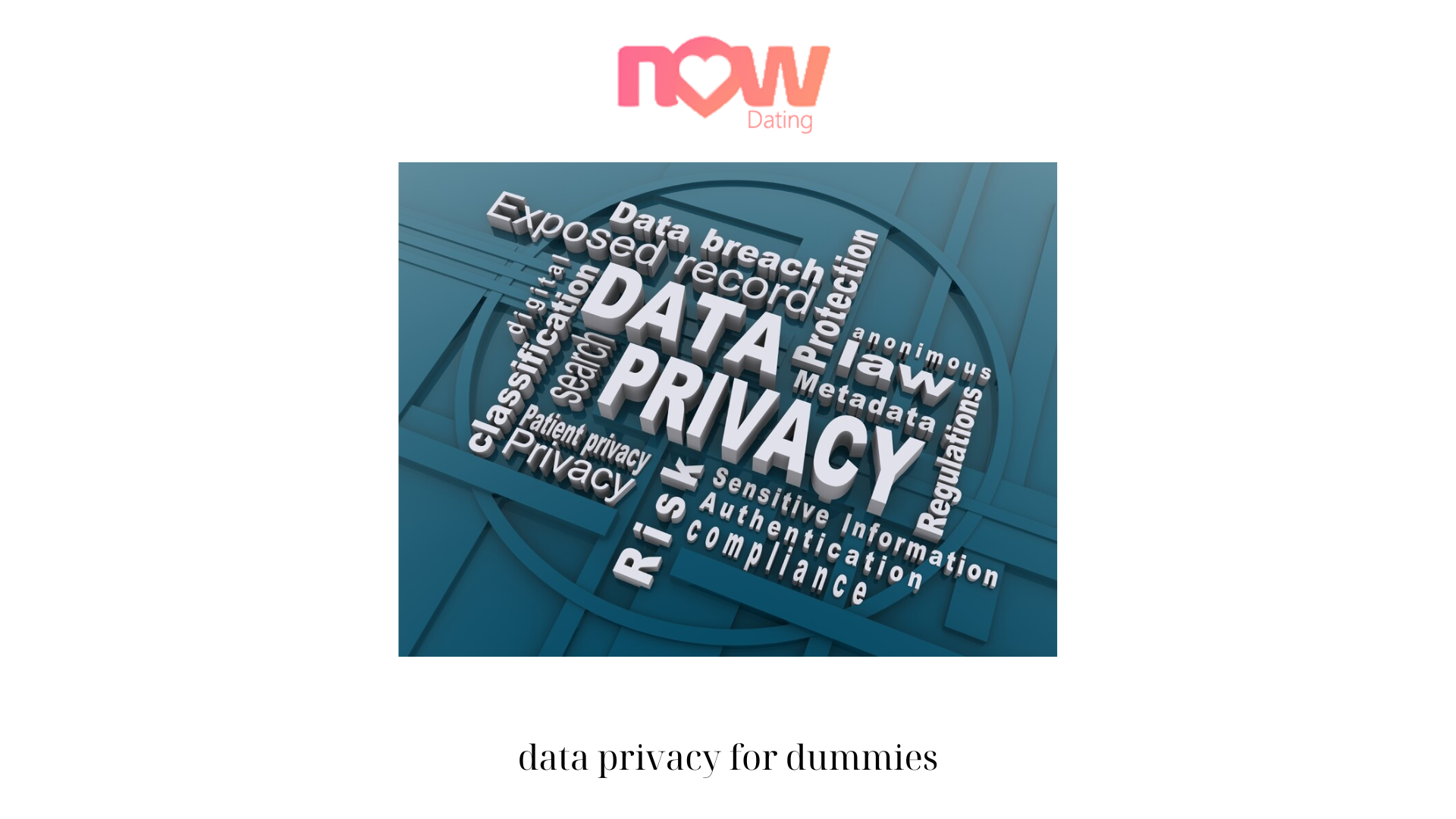
- Internet Safety:
a. Secure Wi-Fi Connections: Use encrypted Wi-Fi networks with strong passwords to protect against unauthorized access to personal data. Avoid using public Wi-Fi networks, as they are often unsecured and prone to data interception.
b. Web Browsing: Use data privacy for dummies and up-to-date web browsers, and be cautious when visiting unfamiliar websites or clicking on suspicious links. Look for the “https://” prefix and a padlock symbol in the address bar to ensure a secure connection.
c. Avoid Phishing Attempts: Be vigilant about phishing emails and messages that attempt to trick individuals into revealing personal information. Never click on links or download attachments from unknown sources.
- Social Media Privacy:
a. Privacy Settings: Review and adjust data privacy for dummies settings on social media platforms to control who can view personal information, posts, and photos. Limit the visibility of personal data to trusted friends and connections.
b. Oversharing: Be mindful of the information shared on social media. Avoid posting sensitive details such as full birth dates, addresses, or financial information, as they can be exploited by cybercriminals.
- Data Protection Best Practices:
a. Regular Data Backups: Regularly backup data privacy for dummies important files and data to external hard drives, cloud storage, or other secure platforms. In the event of data loss or ransomware attacks, backups can help restore information.
b. Data Encryption: Encrypt sensitive data stored on devices or transmitted online. Encryption converts data into an unreadable format, ensuring that even if it’s intercepted, it remains secure and unusable to unauthorized individuals.
c. Limit Data Collection: Be cautious about data privacy for dummies sharing personal information with third-party entities. Read privacy policies and terms of service before providing personal details, and consider opting out of unnecessary data collection.
- Protecting Email Communications:
a. Email Encryption: Use encrypted email services or encryption tools to secure sensitive email communications. Encryption ensures that only intended recipients can access and read the contents of the email.
b. Avoid Suspicious Emails: Be cautious of data privacy for dummies phishing emails and suspicious attachments. Avoid clicking on links or downloading files from unknown senders, as they may contain malware or lead to fraudulent websites.

- Safeguarding Financial Information:
a. Secure Online Transactions: When making online purchases or banking transactions, ensure that the website is secure (https://) and reputable. Avoid entering financial information on unsecured or suspicious websites.
b. Monitor Financial Statements: Regularly review bank and credit card statements for any unauthorized transactions. Report any suspicious activity to the financial institution immediately.
- Protecting Personal Identity:
a. Identity Theft Prevention: Shred sensitive documents before disposing of them, such as bank statements, credit card bills, and medical records. Monitor credit reports regularly to detect any signs of unauthorized activity.
b. Use Identity Theft Protection Services: Consider data privacy for dummies utilizing identity theft protection services that provide credit monitoring, identity restoration assistance, and fraud alerts.
Conclusion:
Data privacy is data privacy for dummies a critical aspect of modern life, and everyone, regardless of technical expertise, can take steps to protect their personal information. By implementing the practices outlined in this beginner’s guide, individuals can enhance their data privacy and reduce the risk of falling victim to cyber threats, identity theft, and privacy breaches. Remember, being proactive and staying informed are key to maintaining control over personal data in an increasingly connected world.
Conclusion: So above is the Data Privacy for Dummies: A Beginner’s Guide to Protecting Your Personal Information article. Hopefully with this article you can help you in life, always follow and read our good articles on the website: qule.info


